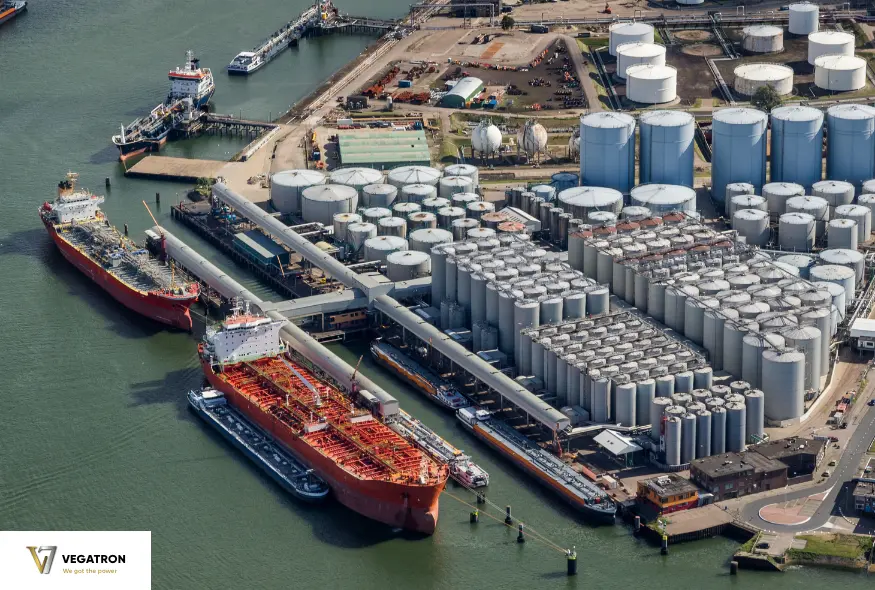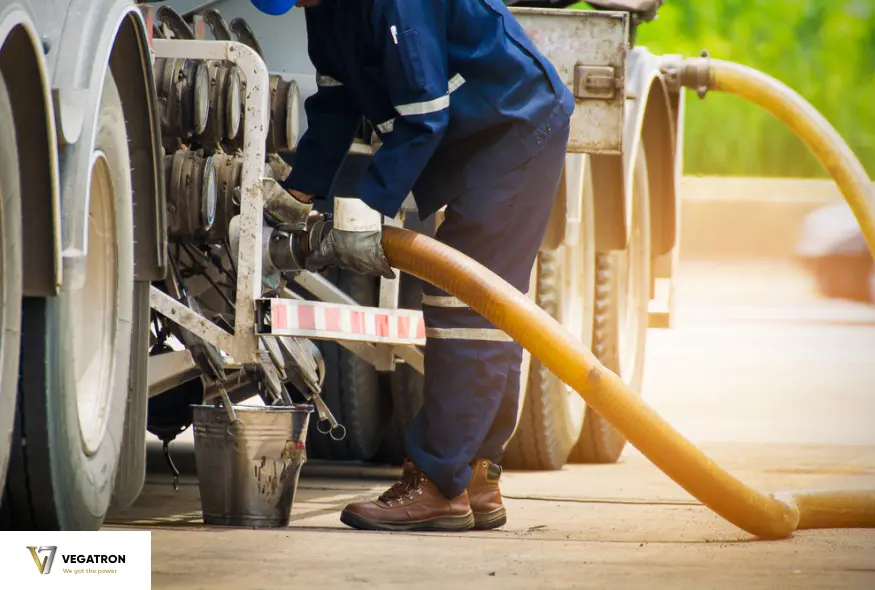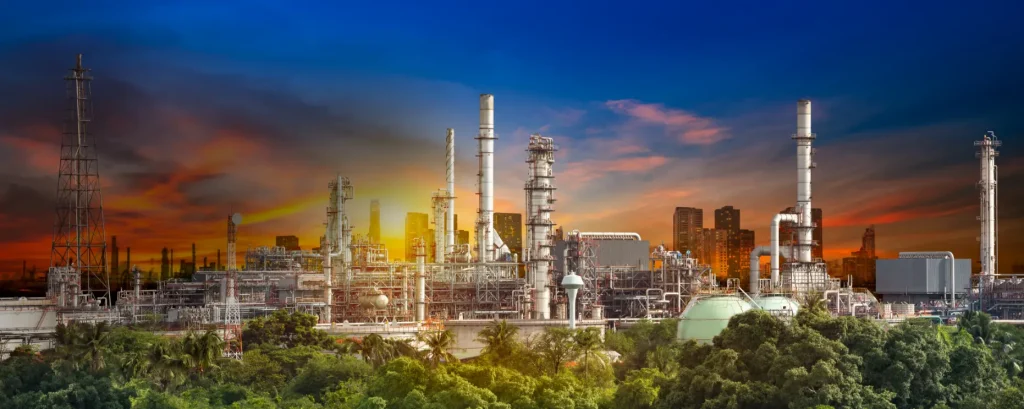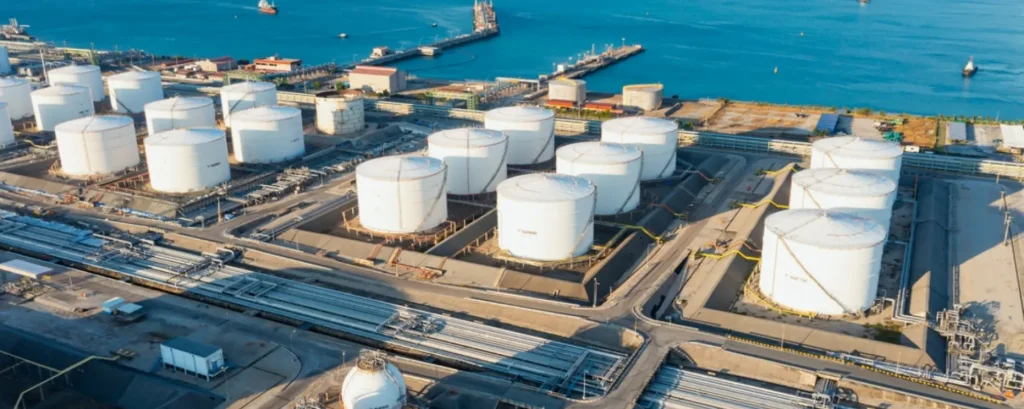- Feb 30, 2024
- Articles
Choosing the right diesel supplier

First-Time Fueling for Large Scale Contractors
According to statistics from a recent survey taken by hundreds of fleet managers it reported that fleets in the asians region are set to increase, with organizations adding up more vehicles to fulfill growth, distribution, and supply demands.

Due to this increase of fleet sizes and a high factor on its contribution in rising costs and maintenance works for fleet managers, they are expected to handle this challenge of sourcing out the right diesel supplier.
In Asian Region, however, the position of a fleet manager is typically procuring and function-driven, with managers performing operational tasks like responding to drivers’ questions and scheduling service visits.
During the transition from a procurement driven role to a more tactical fleet management, fleet managers ought to find associates that they could partner with to fulfil the ever-changing requirements of their role – one of which is the fuel supplier.
Numerous fleets have realized the importance on partnering closely with their fuel supplier to assure that they are choosing the right fuel for their fleet. Starting a conversation with diesel suppliers to truly understand the products and services that the diesel supplier provides, and as to what could be the best to meet your fleet’s needs, can be very critical in assessing a fleet’s performance.
Established based upon our experience, we have identified three key questions that a savvy fleet manager should ask their present or prospective fuel supplier, and our team has offered insights into these critical areas:

1) What methods are used to manage, stock, and transport my fuel?
It is a known fact that, fuel products are prone to getting easily tainted. A widely frequent issue is having the presence of fluids in the storage tanks, that could contribute to bacterial contamination in the fuel. This as a result, bacterial population can cause filter plugging difficulties, resulting in additional downtime and weakening fleet performance. Regularly speaking with your supplier about their knowledge on the regulations, safety emphasis and credentials for the vendors who stock and manage their goods will provide a sense of peace and mind and help build long lasting trust.

2) Additized diesel, is it more expensive?
We be frank on this, Additized diesel would initially be more expensive than standard diesel fuel, it however is much preferred fuel product that is actually tailored to reduce consumption of fuel, pollutions and boost power performance and robustness, among its unique benefits. Although the fuel product costs more, Additized diesel’s performance advantages are intended to improve the fleet’s overall productivity. This as a result, fleets will be able to achieve its efficiency targets while still reducing their long-term costs of ownership per vehicle.

3) Your fuel product contributes to performance advantages?
Additized fuel diesel assists on maintaining prime performance in an engine’s system. This then converts into savings on fuel, increased power, and a much clean combustion in comparison to trucks and buses that run on unadditized diesel fuel.
In general, most fleets aren’t actually bothered on what diesel fuel they’re using, owing to the fact that their vehicles engines are covered under warranties. On the other hand, even though their vehicles are regularly checked, bringing out a truck or bus off the road is still a costly factor.
In particular, more modern, additive-enhanced diesel engines can help with situations that aren’t protected by the manufacturer’s warranties, as with excessive injector plugging. After some time, understanding these perks from an increased performing, Additized diesel will decrease costs on upkeeping throughout a fleet. More productivity can be gained by lowering the number of trips to the workshop.





